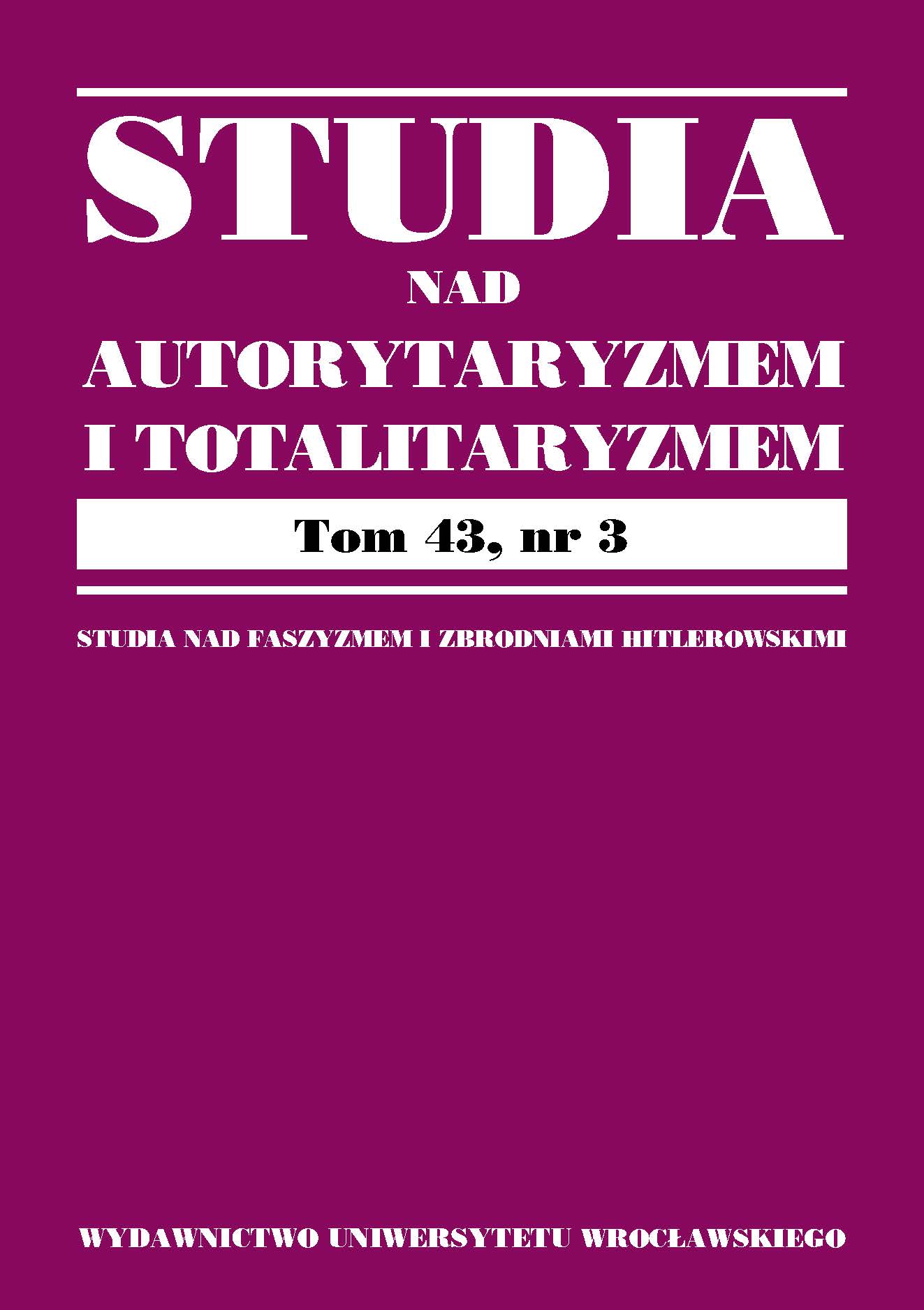

Artykuły

The article concerns the legal status of Central Lithuania as a so-called puppet state from the point of view of international law. The very concept of a puppet state is based upon the apparent fulfilment of the Montevideo criteria — which boils down to the lack of effectiveness. The reasons for establishing such an entity are varied, but they are all politically biased. The points of reference are primarily Bantustans and Manchukuo — they are key instances of puppet states discussed in legal literature. In the case of Poland, the establishment of Central Lithuania was an imminent effect of the Polish-Soviet War. On the one hand, the goal of setting up the Central Lithuania as a puppet state was undoing the effects of the war with totalitarian Soviet Russia using the fait accompli method. On the other hand, it was about the legitimacy of territorial change which occurred as a result of a territorial referendum on the future of the Vilnius region. The key issue related to establishing puppet states is a need to refer to a very formal approach to international law. However, such an approach is not widely supported by legal writings on international law. As the result a puppet state has to face the allegation of being contrafactual since the very moment of its emergence. That means that a territorial change done by establishing a puppet state cannot be eventually legitimized. One of the criteria mentioned in the Montevideo Convention is a “capacity to enter into relations with the other states”. Notwithstanding, it is a precondition or an effect of statehood that capacity reflects the attitude of the international community to the “newly emerged state”. If can clearly be seen in the cases of Bantustans and Manchukuo. So, e.g., Manchukuo maintained consular relations with a few states, including Poland. However, Central Lithuania did not maintain international relations, but it was not relevant in this very case. That is because Central Lithuania existed for a year and a half. In addition, it took place shortly after the end of the First World War and the Polish-Soviet War, and during an ongoing armed conflict between Poland and Lithuania. The illusion of statehood of Central Lithuania was manifested by the establishment of Department of Foreign Affairs, which was not in the position to represent Central Lithuania in the realm of international relations. Most of all, Central Lithuania did not participate in Polish-Lithuanian negotiations — that entity was an object here. Above all, these negotiations concerned the future status of Central Lithuania. The fact that relations with Central Lithuania were within the competencies of the Polish Ministry of Foreign Affairs is the only argument in favour of acknowledging Central Lithuania as a foreign state in relation to Poland. There was a delegate of Poland at the Provisional Governing Commission. Members of the Provisional Governing Commission were communicating with that delegate, without the need of involving the Department of Foreign Affairs, which made the department completely unnecessary. The correspondence of the Polish Ministry of Foreign Affairs and the authorities of Central Lithuania reveals that the relations between the two entities were not diplomatic. Poland did not recognize the statehood of Central Lithuania but rather acknowledged the fact that it is abroad. At the same time, Central Lithuania was dependent upon Poland, e.g. for food supplies. Central Lithuania can be seen as shaping stage Polish of east border after ending of war with Soviet Russia based on totalitarian ideology. That is an interesting example of Poland instrumentalizing international in its critical moment. However, such an approach to international law is a two-edged sword.